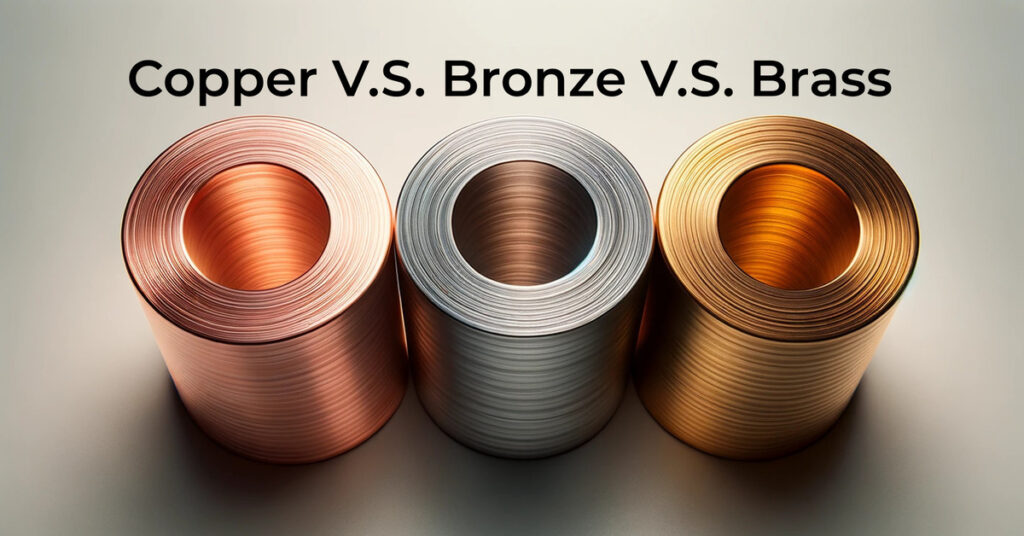Mastering the Art of Non-Ferrous Metal Casting: Essential Do's and Don'ts
Metal casting, an age-old technique dating back to 3200 BCE, has evolved significantly over the years, especially in the realm of non-ferrous metals. These metals, known for not containing iron, encompass a wide variety of materials including copper, aluminium, bronze, and more. They're chosen for their unique properties like high strength-to-density ratio, corrosion resistance, and non-magnetic nature, making them ideal for diverse applications from aerospace to cookware.
Do's in Non-Ferrous Metal Casting
Select the Right Material: The success of your casting depends heavily on choosing the appropriate non-ferrous metal. Consider factors like mechanical properties, corrosion resistance, and application-specific requirements.
Employ Proper Casting Techniques: Techniques like sand casting, die casting, and investment casting each have their specific applications and benefits. For example, sand casting is versatile and suitable for a wide range of metals, while die casting is ideal for high-volume production of intricate parts.
Focus on Design for Manufacturability: This involves considering aspects like draft angles and fillets in your design to ensure a successful casting process. Poor design can lead to issues in the casting quality.
Ensure Quality Control: Implement rigorous inspection and testing methods to ensure that your castings meet the desired standards and specifications.
Don'ts in Non-Ferrous Metal Casting
Neglecting Material Quality: Compromising on material quality can lead to subpar castings. Always opt for high-quality non-ferrous metals.
Overlooking Post-Casting Processes: Finishing processes like heat treatment and machining are crucial for meeting product specifications. Skipping these steps can adversely affect the final product.
Ignoring Environmental and Safety Standards: Non-ferrous metal casting involves high temperatures and potentially hazardous materials. Adhering to safety and environmental regulations is crucial for a sustainable operation.
Underestimating the Importance of Skilled Labour: The casting process requires skilled professionals. Underestimating this aspect can lead to inefficiencies and errors in the casting process.
Why INGOT - Foundry Marine Engineering Pty Ltd Stands Out
In the world of non-ferrous metal casting, INGOT Foundry Marine Engineering Pty Ltd shines as a beacon of excellence. Their commitment to quality is evident in their selection of materials, and their skilled staff ensures that every casting meets the highest standards. This dedication to quality and expertise makes INGOT our top choice for non-ferrous metal casting needs.
Conclusion
Non-ferrous metal casting is a field that demands precision, expertise, and a commitment to quality. By following these do's and don'ts and partnering with top-tier foundries like INGOT, you can achieve outstanding results in your casting projects.



Comments